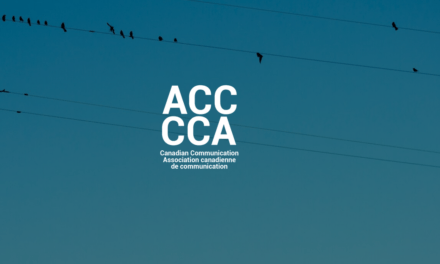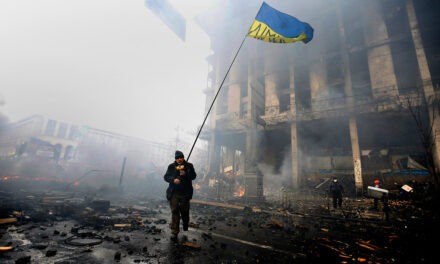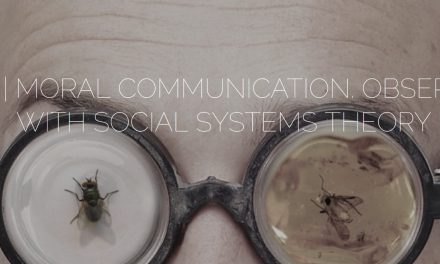6-8 September 2017
University of Hertfordshire, School of Creative Arts, College Lane, Hatfield, Hertfordshire, AL10 9AB
Deadline for proposals EXTENDED: 18 April 2017
Conference email: GOTconf2017@herts.ac.uk
Keynote Speakers:
Rikke Schubart, Associate Professor, Institute for the Study of Culture, University of Southern Denmark
Anne Gjelsvik, Professor of Film Studies at Department of Art and Media Studies, NTNU, Norway
Martin Barker, Emeritus Professor, Aberystwyth University
Widely rumoured to be moving into its final season, HBO’s Game of Thrones (2011- ) has enjoyed 6 years of global popularity, attracting international scholarly and critical attention and reaching record-breaking audiences. Famously adapted from George R.R. Martin’s book series, ‘A Song of Ice and Fire’, HBO’s medieval fantasy world spans two continents, Westeros and Essos, and focuses on the power struggles between competing dynasties for possession of the Iron Throne and ultimate power over the Seven Kingdoms. It is not only political intrigue that threatens the inhabitants of this world, however, as dragons, witches, giants and whitewalkers also stalk its shores.
Not just a simple fantasy series, Game of Thrones has been likened to ‘The Sopranos in Middle-Earth’ by showrunner David Benioff and is notorious for its controversial storylines, particularly those centred on its women. Rape, incest and power brokering through marriage reveal a patriarchal society in which political intrigue is not always gendered but inevitably leads to uneasy alliances between families – both friend and foe – and violent ends for many. Game of Thrones continues to enrage and enthral a global audience unsure if the series is misogynist, feminist or anti-feminist; or an uncomfortable blend of all three.
Populated by a large ensemble cast (reputedly the largest on television today), Game of Thrones is filmed in many global locations: Belfast to Morrocco and Dubrovnik to Iceland, the series has impacted upon the tourist economies as well as providing employment for a vast array of ‘behind-the scenes’ personnel from post production and special effects designers through to technicians, production designers, directors and producers to camera operators, editors and carpenters (to name but a few). The series has also spawned a vast merchandising enterprise from models to games and comics to spin-off books. In short, the production of Game of Thrones has played a large part in the creative industries since 2010 through the many employment opportunities it has offered transnationally.
This international conference invites proposals on a wide range of subjects. While there have been several significant studies on the series its adaptation from literature to television as well as its multimedia engagements, Lozano Delmar, Javier; Raya Bravo, Irene; López Rodríguez, Francisco Javier (Eds.), Reyes, Espadas, Cuervos Y Dragones. Estudio Del Fenómeno Televisivo Juego De Tronos. Madrid, Fragua. Colección Fragua Comunicación, 2013 (to name but three). This conference aims to widen the scope to include contributions from all aspects of the creative industries. We hope this conference will offer an opportunity to open up the discussion, make links between practitioners and theorists, industry personnel and critics as well as key creative personnel who have worked on the series.
Short abstracts (250 words + bio) are invited on any Game of Thrones related subject by 18 April 2017. Varied presentation styles are encouraged, including formal papers (20 mins), fully formed panels, poster and digital presentations as well as roundtable discussions, short/lightning presentations (5 mins) and PechaKucha (20X20). Proposals for fully formed sessions will also be considered. All abstracts and proposals will be peer-reviewed and a response will be sent by 31 May 2017.
Please email all proposals to Kim Akass at GOTconf2017@herts.ac.uk





